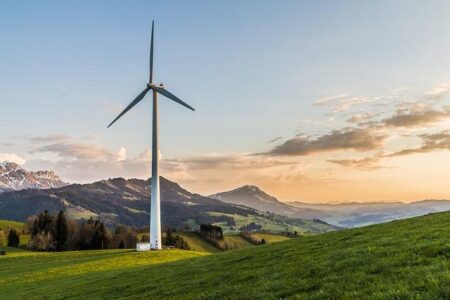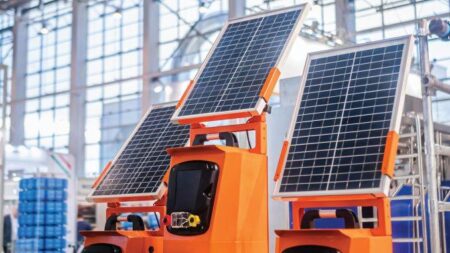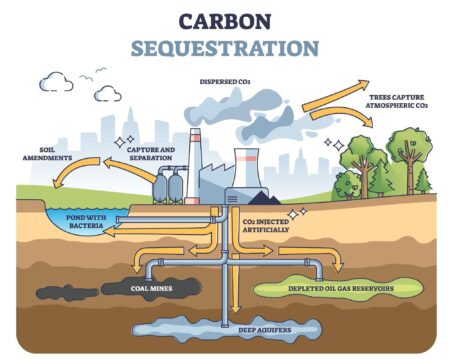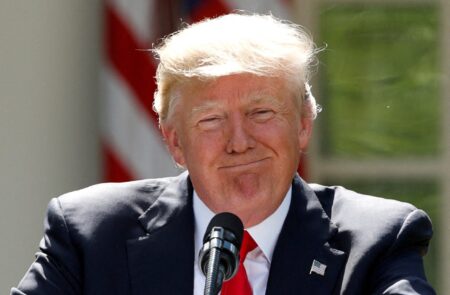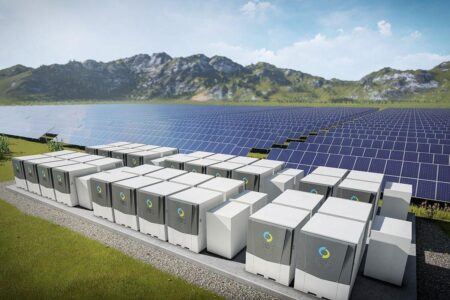At the UN climate talks in Brazil, groundbreaking tech innovations and revolutionary clean energy solutions took center stage, highlighting bold advances in slashing emissions and accelerating global climate progress. Stakeholders urged immediate, united action to turn ambition into real-world impact
Browsing: renewable energy
China’s meteoric rise as a solar power titan is revolutionizing the global energy landscape. Through bold investments and sharp strategies, Beijing isn’t just competing-it’s rewriting the rules, disrupting established energy giants, and reshaping markets and international relations like never before
Despite China’s bold push for green energy, coal still reigns as the dominant power source, exposing the complex and challenging reality behind its renewable ambitions. The nation’s “green revolution” remains tightly linked to fossil fuels, highlighting a delicate balance between progress and tradition
Former President Trump’s ambitious push to ramp up fossil fuel production is igniting intense battles with climate advocates, fueling a heated debate over America’s energy future as policymakers struggle to find the right balance between environmental protection and economic growth
Brazil is gearing up to turn its oil profits into a dynamic force driving its energy revolution, President Lula announced. This ambitious plan aims to fast-track the expansion of renewable energy and sharply reduce reliance on fossil fuels, signaling a historic turning point in the country’s energy landscape
Hitachi Energy Brazil is making waves on Bloomberg.com with its revolutionary strides in sustainable energy. Their state-of-the-art innovations are fueling Brazil’s drive toward a cleaner, greener tomorrow
COP30, held under the UNFCCC framework, is poised to spark a powerful surge in global climate action. The U.S. Embassy highlights key goals: accelerating emissions cuts, expanding support for adaptation initiatives, and deepening international cooperation
India’s Solex Energy is poised to transform the solar panel industry with a groundbreaking $1.5 billion investment, turbocharging production and targeting major export markets in the United States, Reuters reports
Political turmoil in France is throwing a wrench into offshore wind projects, industry insiders reveal to DredgeWire. Regulatory hurdles and changing policies are fueling investor uncertainty, putting the country’s bold renewable energy goals at serious risk
New EU mandates are propelling Finland, France, Germany, Spain, and Italy to the forefront of sustainable aviation fuel adoption, driving greener skies and revolutionizing Europe’s travel industry for a cleaner, more sustainable tomorrow
Distributed solar capacity is skyrocketing, making it Brazil’s fastest-growing power source, according to the U.S. Energy Information Administration. This remarkable surge highlights the country’s bold shift toward renewable energy and a future driven by decentralized power generation
India is plunging into ocean-based carbon capture, embracing a revolutionary approach to achieve net-zero emissions. Innovative marine technologies offer incredible potential to dramatically reduce atmospheric CO2 and pave the way for a cleaner, greener future
Brazil’s bold new commitment to ramp up sustainable fuel production has ignited a surge of concern among experts, who warn it could repeat past environmental mistakes and put biodiversity and indigenous lands at serious risk. Critics urge caution as the country pushes forward with its ambitious plans
Germany is set to lead Europe’s marine biofuel market, with an exciting projected value soaring to USD 1.8 billion by 2025. This rapid expansion is set to power the continent’s overall market to an impressive USD 7.6 billion, reveals The National Law Review
Despite former President Trump’s climate skepticism, countries like China and Brazil are forging ahead with ambitious climate goals, showcasing a strong and inspiring global dedication to safeguarding our planet, reports Honolulu Civil Beat
Energy storage could cut Brazil’s electricity system costs by an impressive 16% by 2029, while boosting grid flexibility and fast-tracking the integration of renewable energy, according to a groundbreaking report from ess-news.com
ACP Bioenergia has launched grain and cotton cultivation in Brazil’s Caatinga region, boldly pioneering sustainable agriculture while boosting bioenergy production in this distinctive semi-arid landscape
After Spain’s recent blackout, many rushed to blame renewable energy for the outage. However, experts warn that this finger-pointing is a strategic move aimed at slowing down the progress of clean energy innovations, NPR reports
Australia and India are turbocharging their clean energy partnership, accelerating renewable projects and exchanging groundbreaking technologies. This powerful alliance promises to fuel sustainable growth and boost energy security for both nations
Germany is unleashing a game-changing €6 billion investment to transform heavy industry with state-of-the-art carbon capture and storage technologies. This ambitious funding surge will accelerate the rollout of pipelines and infrastructure, driving the country boldly toward a cleaner, greener tomorrow

